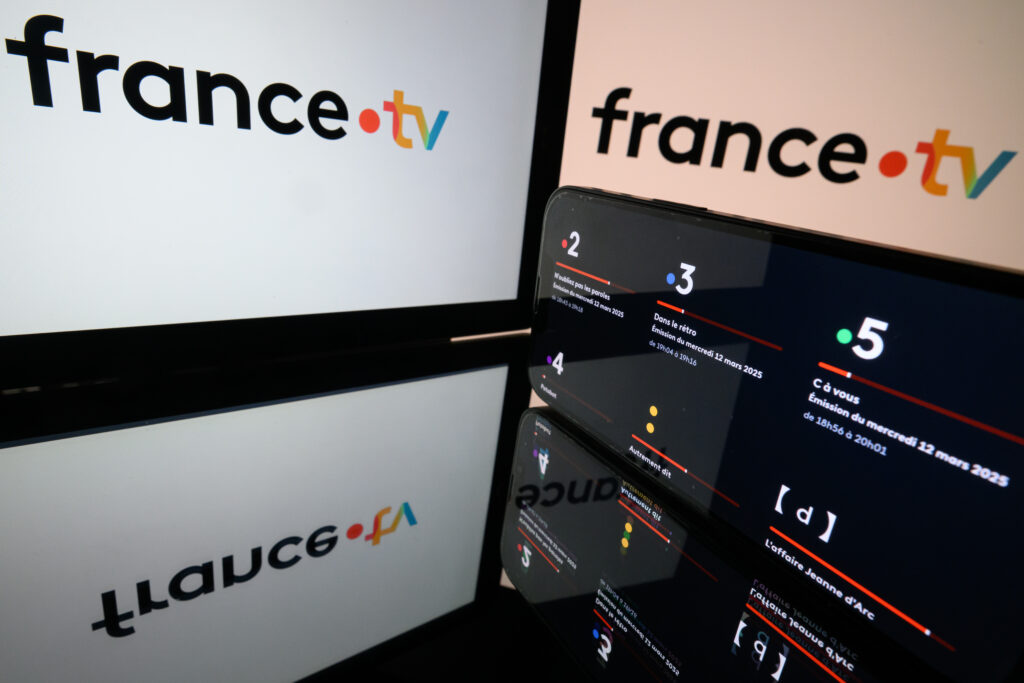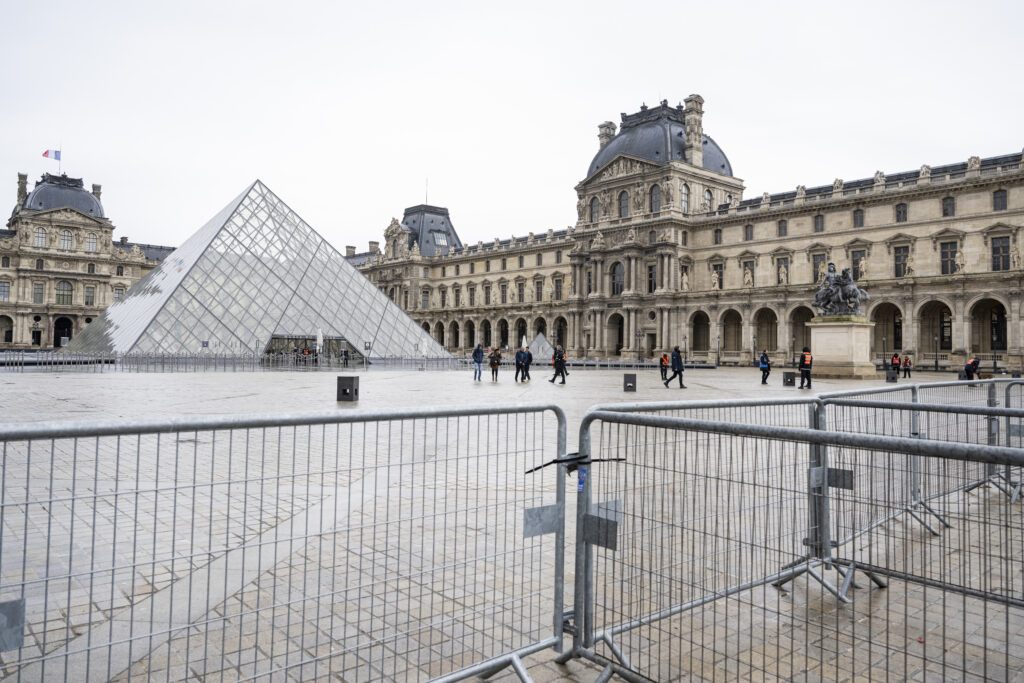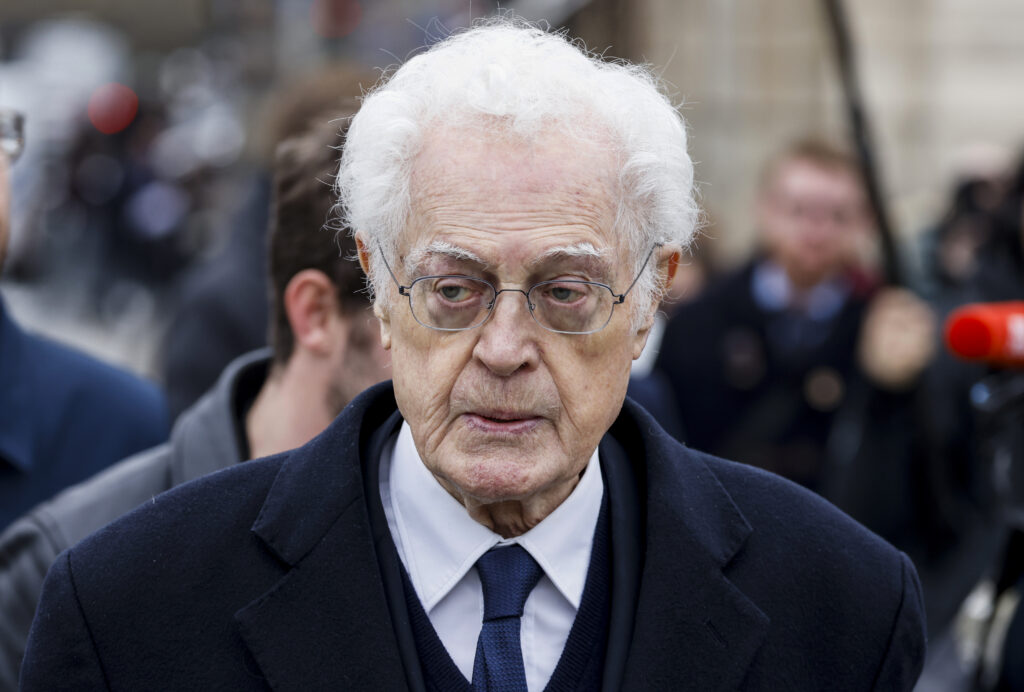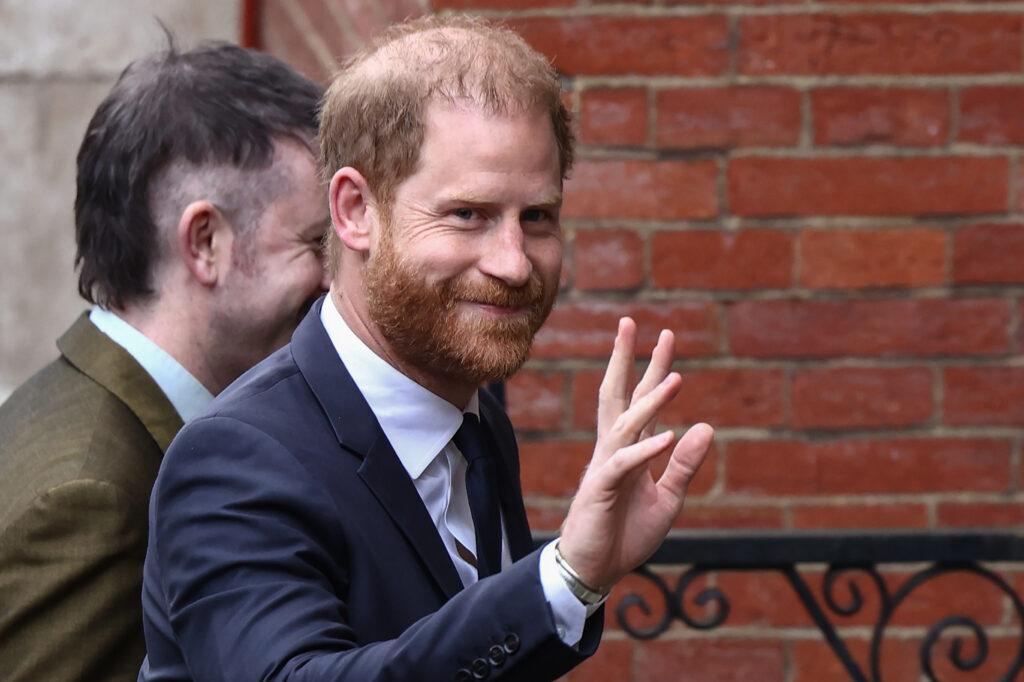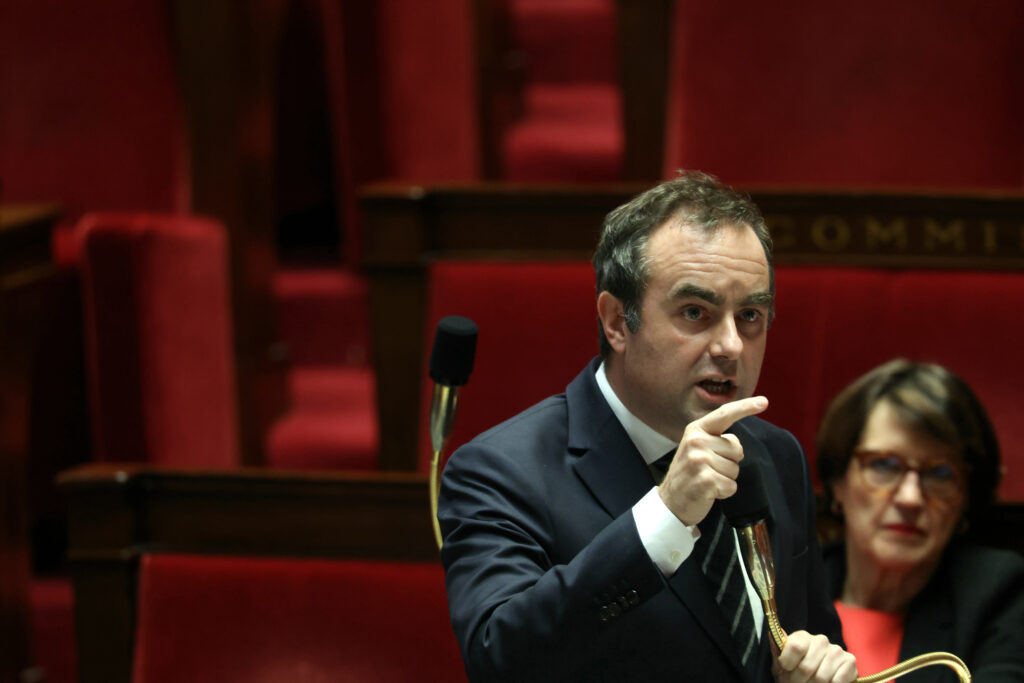Donald Trump no longer needs to think “purely of peace” after being snubbed for a Nobel, the US president said in comments published Monday, adding the world will not be safe until Washington controls Greenland.Trump has put the transatlantic alliance to the test with threats to take over Greenland “one way or the other”, with European countries closing ranks against Washington’s designs on the vast Danish territory.German and French leaders denounced as “blackmail” weekend threats by Trump to wield new tariffs against countries which oppose his plans for the Arctic island, and said Monday that Europe was preparing trade countermeasures.The European Union said it was holding an emergency summit on Thursday to weigh its response, and that while its priority is to “engage not escalate” it is ready to act if needed. Greenland, for its part, said the tariffs threat does not change its desire to assert its own sovereignty. “We will not be pressured,” Greenlandic prime minister Jens-Frederik Nielsen said in a Facebook post, adding that the autonomous territory “is a democratic society with the right to make its own decisions”.But Trump had earlier doubled down, announcing in a message to Norway’s Prime Minister Jonas Gahr Store that the world “is not secure unless we have Complete and Total Control of Greenland”.The message — published Monday and whose authenticity was confirmed to AFP by Store’s office — also saw Trump brush aside peace as a primary goal.”I no longer feel an obligation to think purely of Peace,” he said, citing his failure to win the last year’s Nobel Peace Prize, despite openly coveting it.He said although peace would still be “predominant,” he could “now think about what is good and proper for the United States of America.” Store said the statement had been received in response to a message from him and Finnish President Alexander Stubb, where they had “conveyed our opposition” to Trump’s tariff threats.Store also underlined that the Nobel Peace Prize was not awarded by the Norwegian government.”I have clearly explained, including to President Trump what is well known — the prize is awarded by an independent Nobel Committee,” he said in a written statement.- Russia, China threat? -Trump has repeatedly said his country needs vast, mineral-rich Greenland for “national security”, despite the United States already having a base on the island and security agreements with fellow NATO ally Denmark. “Denmark cannot protect that land from Russia or China,” Trump said in his message to the Norwegian premier, doubling down on that sentiment in a post to Truth Social on Monday.Denmark’s defence minister Troels Lund Poulsen said Monday steps had already been taken along with NATO allies to “increase military presence and training activity in the Arctic and the North Atlantic”.Lund Poulsen added that he and Greenlandic foreign minister Vivian Motzfeldt would be meeting with NATO chief Mark Rutte later on Monday.- ‘Blackmail’ -This weekend, Trump said that from February 1, Denmark, Norway, Sweden, France, Germany, the United Kingdom, the Netherlands, and Finland would be subject to a 10-percent tariff on all goods sent to the United States — a duty which could go higher.Germany’s vice chancellor Lars Klingbeil slammed the move as blackmail, and said Monday that Europe was preparing countermeasures.French finance minister Roland Lescure, speaking at a press conference alongside Kingbeil, agreed.”Blackmail between allies of 250 years, blackmail between friends, is obviously unacceptable,” Lecurse said.Klingbeil said Europe’s response could have three main strands. First, the current tariff deal with the United States would be put on hold, he said. Second, European tariffs on imports from the United States, currently suspended until early February, could come into force.And thirdly the EU should consider using its toolbox of instruments against “economic blackmail”, he added.Europe’s stock markets fell as the week’s trading began Monday, with British Prime Minister Keir Starmer warning that a “trade war is in no one’s interest”.Greenland — whose tiny population of 57,000 has voiced disquiet at Trump’s threats — continued to make its preferences clear Monday.Greenland’s dogsled federation said that the new US special envoy to the Arctic island had been disinvited to its annual race. Jeff Landry had been invited to attend the race by a private Greenlandic tour operator, an invite the KNQK federation has previously called “totally inappropriate”.burs-jll/st

